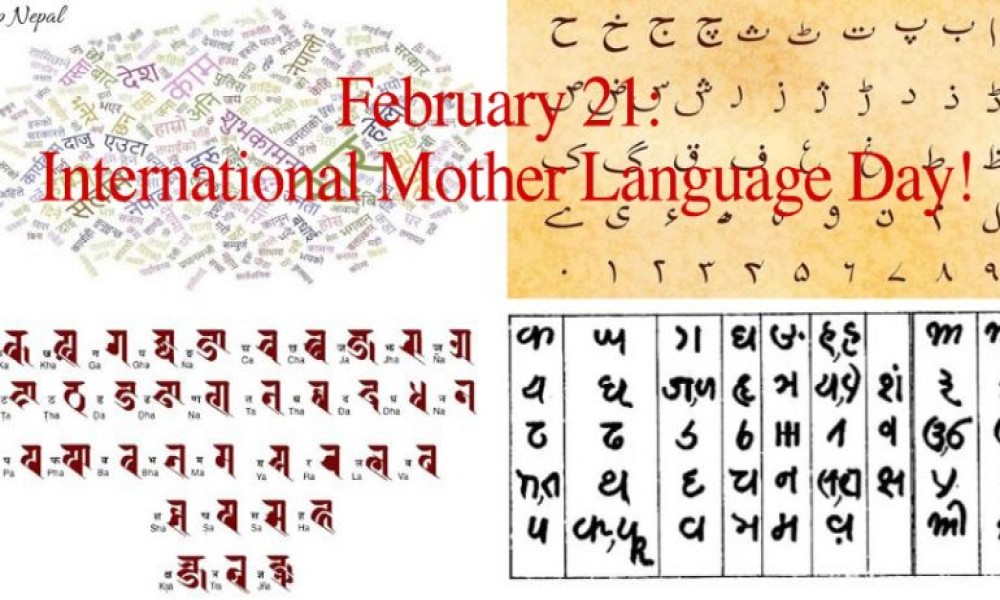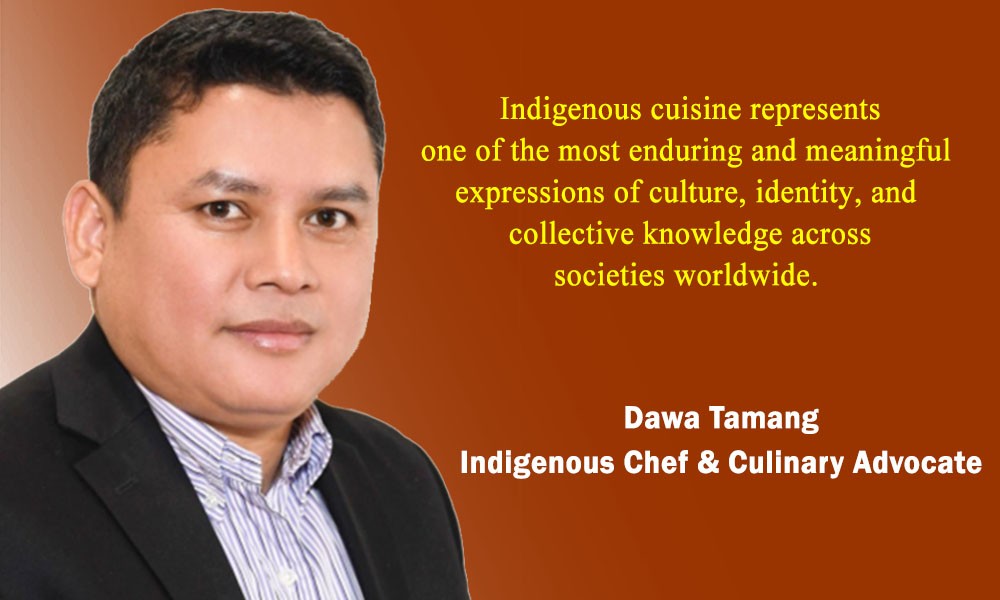As Nepal celebrates International Mother Language Day (21 February) today, Indigenous Voice sheds light on a few challenges facing the Language Commission -- a constitutional body tasked with recommending criteria to decide official languages other than Nepali.
Formed in September 2016 under the Constitution of Nepal-2015, the commission is also responsible for a) recommending measures for protection, promotion and development of languages, b) deciding whether mother tongues can be used as mediums of teaching in schools, and d) studying, researching and monitoring various languages.
A total of 123 languages are spoken in Nepal, according to the latest census conducted in 2011. Most of them are spoken by less than 10,000 people; and some of them are spoken by just a handful of people.
A total of 123 languages are spoken in Nepal, according to the latest census conducted in 2011. Most of them are spoken by less than 10,000 people; and some of them are spoken by just a handful of people.
The commission's role is expected to be very critical in preserving and reviving these dying languages. However, in order to achieve its goals outlined in the Constitution, the commission needs to overcome a few challenges, which are:
a) Policy confusion
The article 287 of the Constitution has stipulated that the Language Commission shall 'determine the criteria to be fulfilled for the recognition of the official language and make recommendations on languages to the government of Nepal'. However, the article 7 of the same Constitution has allowed the State governments to choose one or more languages -- other than Nepali -- as official languages in their respective provinces. The commission sees a contradiction in these two constitutional provisions, and it wants clarity on who actually is responsible to choose official languages other than Nepali in provinces.
b) Lack of resources
More than three years on, the commission is still struggling to manage resources that it will require to achieve its goal. In its latest annual report, the commission has complained that it is not even able to carry out a linguist survey, among other works, due to a lack of resources.
c) Lack of authority
The language commission is not a powerful authority to decide which mother tongue should be promoted as an official language in which province. It has a limited mandate to just make recommendations while explaining why a certain language deserves to be adopted as a province-level official language, in addition to Nepali. But the commission has complained that the government is not acting on the recommendations made by it so far.
d) Preservation of diverse languages
Preservation of mother tongues is the mother of all challenges facing the Language Commission. Nepal is a country that is proud of its linguistic diversity, but some mother tongues spoken here are on the verge of extinction. In January, one of the last two surviving Kusunda people who could speak their language died. Gyani Maya Kusunda's death pushed Kusunda language much closer to extinction. Other languages are also dying gradually. Of all the languages spoken in Nepal, 68 belong to the Sino-Tibetan family while 48 come from the Indio-European family. However, the new generation of Nepali people is inclined to learn English rather than their own mother tongues, which means that even some mother tongues spoken by significant numbers of people are in danger.









